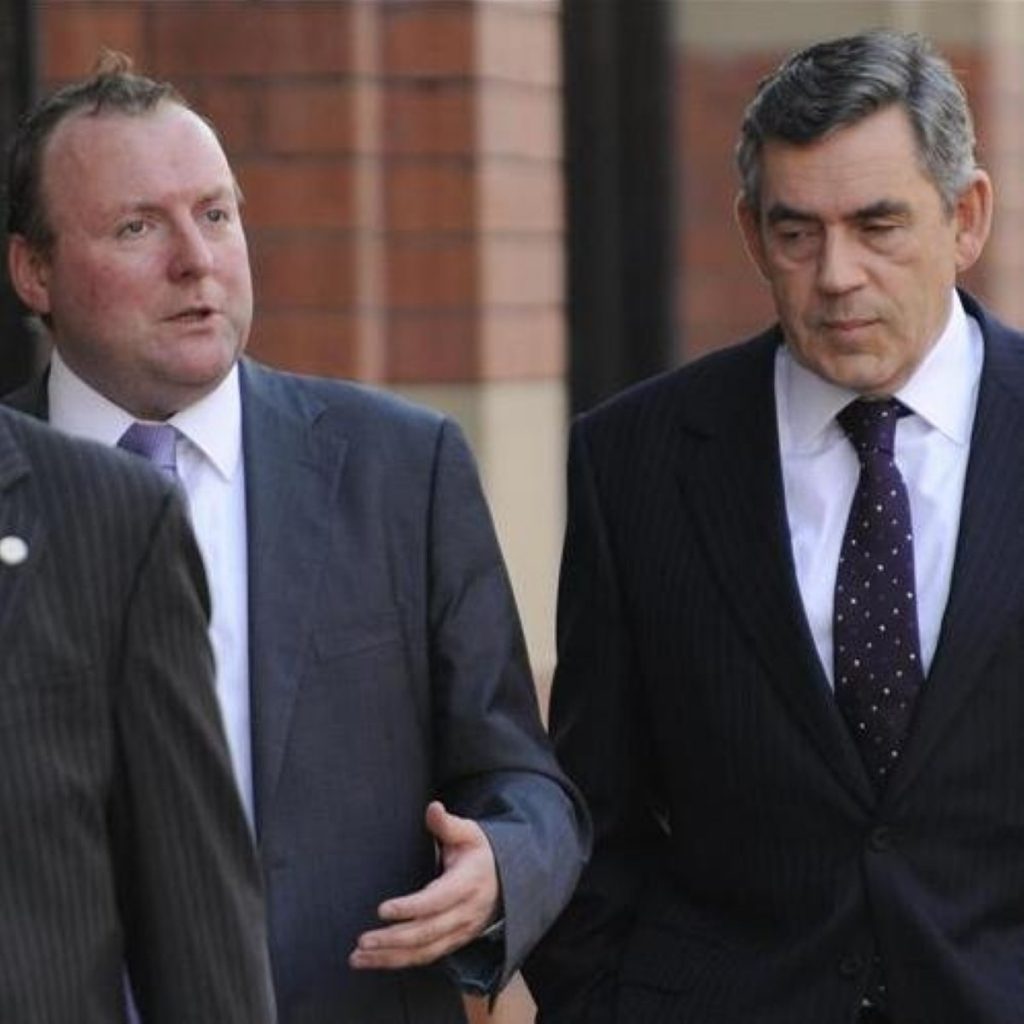“Laddish” special adviser culture blamed
MPs and senior civil servants have criticised the “laddish” culture of special advisers within government following the resignation of Damian McBride.
The former special adviser to Gordon Brown was forced to stand down last month after an email exchange with blogger Derek Draper, in which he proposed setting up a new website to spread malicious gossip about senior Conservatives, was leaked.
Mr Draper quit his post as editor of LabourList earlier today while Mr McBride appears to have gone into hiding.
Tony Wright, chairman of the influential public administration select committee, admitted today he “seems to have disappeared without a trace and despite our best endeavours we haven’t been able to trace him”.


Mr Wright’s committee held its first evidence session on the role of special advisers within government today. He put to Richard Mottram, a former permanent secretary, that “the McBrides, the Drapers, the Whelans” fitted best into the culture.
“It’s a certain sort of bloke who’s employed to do this sort of thing,” he suggested.
Mr Mottram agreed that “the whole culture of it is very laddish”.
But he added: “We do live in the real world. Politics is very competitive, I’m told. We have to be realistic that people will play the game.”
Jonathan Baume, general secretary of the FDA union for senior civil servants, argued in his view “the system works pretty well, actually”.
He said most of the time people knew where the boundaries are and that, “in the nice sense of the word”, special advisers helped ministers get their message across to the media.
“It’s about setting the frameworks and making sure those are observed,” he commented.
Lance Price, a former special adviser to the prime minister, said the McBride episode “dragged the whole of politics down”. He argued the “immense political damage that can be caused by stupid, puerile behaviour” would act as a cautionary tale for future special advisers.
“Surely that is most likely to stop that kind of behaviour happening again in the future,” he concluded.
In a follow-up session to the committee, Cabinet Office minister Liam Byrne argued all special advisers working for ministers had signed an agreement acknowledging changes to their code of conduct introduced by Gordon Brown in the wake of Mr McBride’s dismissal.
“It feels to me over the last ten years we have strengthened the clarity and transparency of benchmarks over what behaviour is acceptable and what isn’t,” he said.
Some members of the committee appeared largely unconvinced by the arguments put to them, however.
Charles Walker asked Mr Price whether it said something about prime ministers that they felt “a need to have these reptiles around them”.
And Paul Flynn asked Mr Byrne: “The system isn’t working, is it?”












